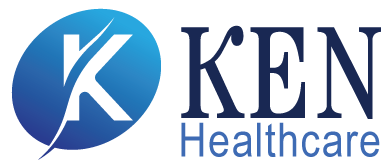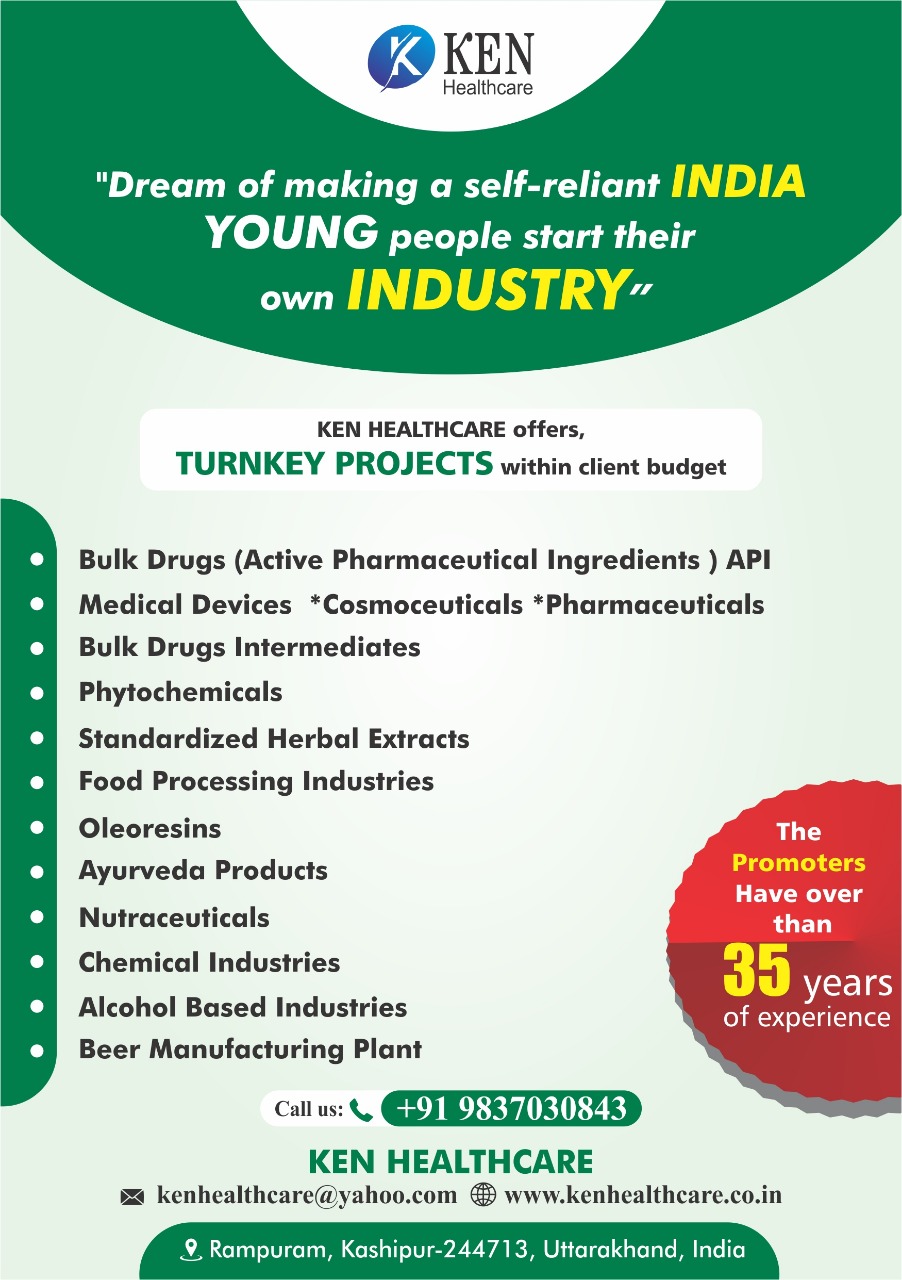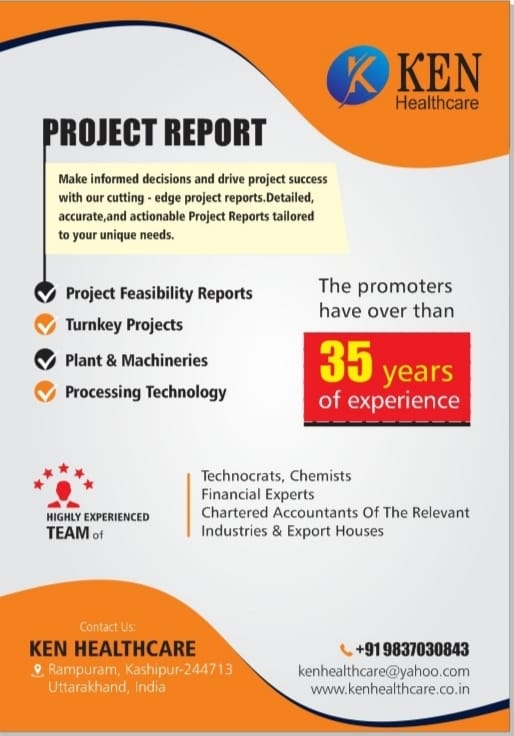Top 5 Herbal Business Ideas for 2025 – High Demand, Profitable , and Easy to Start
With increasing global awareness around wellness, preventive healthcare, and sustainable living, the herbal and botanical industry is set to grow exponentially in 2025 and beyond. Driven by shifting consumer preferences, supportive government policies (such as AYUSH in India), and expanding global markets, investing in herbal businesses can be a rewarding opportunity for new entrepreneurs.
The Top 5 Profitable Herbal Projects based on current market trends, consumer demand, export potential, and investment feasibility. Each project listed here is backed by real market data and aligns with the health and wellness needs of a fast-evolving global population.
-
Standardized Herbal Extract Manufacturing
Why It’s Profitable: Standardized herbal extracts are widely used in nutraceuticals, pharmaceuticals, functional foods, and cosmetic products. The global market for herbal extracts is projected to grow at a CAGR of over 8% through 2025. With increasing demand for plant-based actives and cleaner labels, this segment offers strong domestic and export potential.
Key Products to Consider:
Curcumin extract (Turmeric)
Boswellia Serrata (Shallaki)
Garcinia Cambogia
Green Tea Extract
Ashwagandha Extract
Market Demand: High demand from USA, Germany, South Korea, UAE, and Japan.
Investment Range: Medium to high, but returns are scalable.
Business Model: Own-brand sales or B2B contract supply to pharma, food, and nutraceutical companies.
-
Ayurvedic Proprietary Formulations (Private Label)
Why It’s Profitable: Consumers today are actively seeking trusted herbal remedies for stress, immunity, digestion, sleep, and metabolic health. Private-label Ayurvedic products with modern packaging and verified formulations are in strong demand, especially in online marketplaces.
Top-Selling Categories:
Immunity boosters (Giloy, Tulsi, Ashwagandha combos)
Women’s wellness tonics
Herbal stress relief capsules
Joint pain oils & balms
Ayurvedic liver tonics
Market Demand: Booming in India, USA, UK, and Australia. Supported by e-commerce growth.
Investment Range: Low to medium (especially with third-party manufacturing).
Business Model: Brand building via e-commerce, social media, and retail distribution.
-
Herbal Tea Blends with Functional Benefits
Why It’s Profitable: The global herbal tea market is forecasted to surpass $5 billion by 2027. Consumers are turning to caffeine-free, functional blends for daily detox, stress relief, and better sleep. Herbal teas also offer low entry barriers and excellent branding potential.
High-Demand Blends:
Green tea + Tulsi + Ginger
Chamomile + Lavender (for sleep)
Hibiscus + Lemongrass (for heart health)
Detox teas (with fennel, licorice, dandelion)
Market Demand: Strong domestic growth and high export interest from the US, EU, Japan, and Gulf countries.
Investment Range: Low to medium (can be started from home or contract manufacturing).
Business Model: D2C via website, Amazon, Flipkart, Etsy; export under own label.
-
Essential Oils & Aromatherapy Products
Why It’s Profitable: The global essential oils market is expected to reach $15 billion by 2026. Growing use in skincare, stress relief, and home care has created huge demand for essential oils and blends. New entrepreneurs can focus on high-margin niche categories.
In-Demand Oils:
Lavender
Eucalyptus
Tea Tree
Peppermint
Lemongrass
Market Demand: High from the USA, Germany, France, South Korea, and the Middle East.
Investment Range: Medium (distillation units or buy-bulk and bottle).
Business Model: White label, retail packaging, or essential oil kits for D2C and wholesale.
-
Herbal Cosmetics (Green Beauty Products)
Why It’s Profitable: The global shift towards clean beauty and sustainable skincare has made herbal cosmetics a fast-growing category. Ayurveda-inspired products with herbal actives are gaining mainstream traction, especially among millennials and Gen Z.
High-Potential Products:
Herbal face creams and gels
Neem & Tulsi face washes
Kumkumadi oil serums
Herbal shampoos & conditioners
Anti-acne and anti-aging formulations
Market Demand: Strong across India and booming in the US, Europe, and Southeast Asia.
Investment Range: Low to medium with third-party manufacturers.
Business Model: Start with focused SKUs under your own label. Sell online, in salons, and through influencers.
Final Thoughts: Why Herbal Businesses Are the Future
The herbal sector is no longer a niche. It is a full-fledged, globally booming industry driven by lifestyle shifts, environmental consciousness, and the resurgence of natural healing systems. By investing in the right herbal project in 2025, entrepreneurs can create scalable, sustainable, and globally appealing businesses.
To succeed, combine validated formulations, clean labeling, strong branding, and compliance with global quality standards. Whether you start small with teas or go big with extract manufacturing, the time to act is now.
Need Help Getting Started?
We provide turnkey project consultancy, from feasibility studies to plant setup, formulation development, and third-party manufacturing tie-ups. Contact us today to explore which herbal project suits your vision, budget, and goals.
Get a Consultation Now
[https://kenhealthcare.co.in/]





